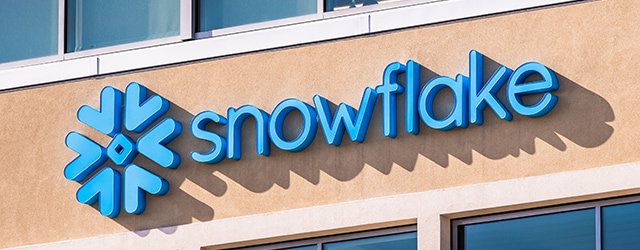Data-warehousing cloud platform Snowflake jumped 112% in its spectacular first day of trading on the New York Stock Exchange.

Is the technology share party over for investors? Either the market is getting frothy, or investment bankers are having a hard time pricing IPOs of fast-growing companies that are making big losses.
Data-warehousing cloud platform Snowflake jumped 112% in its spectacular first day of trading on the New York Stock Exchange on September 16. At $3.4 billion, it was the largest IPO of the year to date, and the biggest software IPO ever—more than double that of Dell-backed VMware, which raised just under $1 billion in 2007, according to Renaissance Capital.
“First-day pops are fine, but only a select few get those allocations,” says William K. Smith, CEO of Renaissance. Snowflake was the twelfth IPO this year to return 100% on its first day, he says. Only three are now trading above their first-day close. Priced at $120 a share (up from an original range of $75 to $85), Snowflake opened at $245 and quickly rose above $300 before settling just under $254 on its debut day, giving it a market cap of $70 billion. Bookrunners were Goldman Sachs, Morgan Stanley, J.P. Morgan and seven others.



